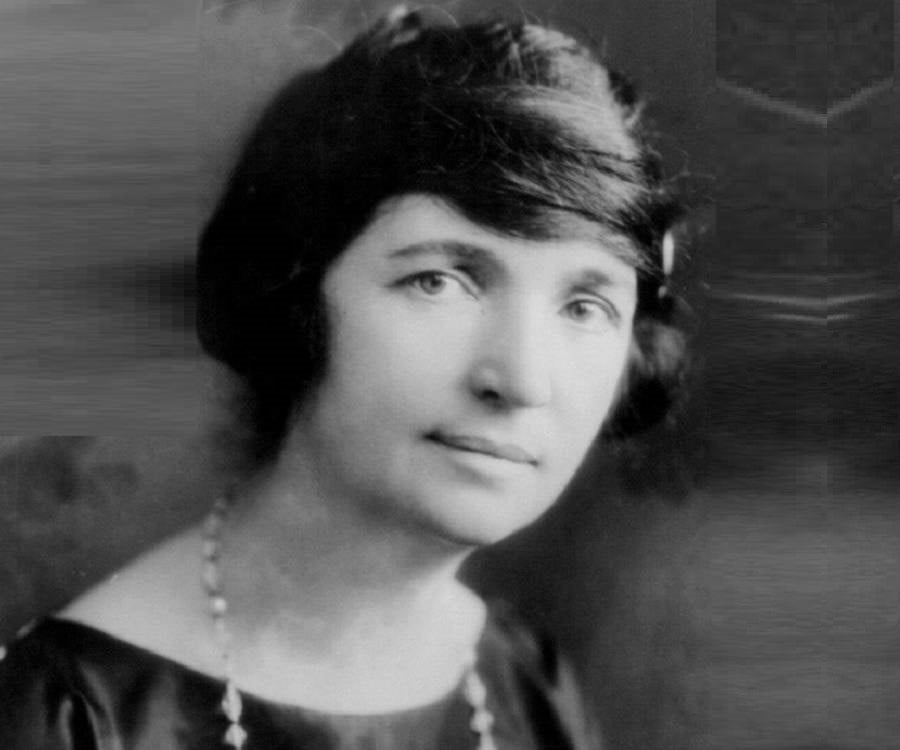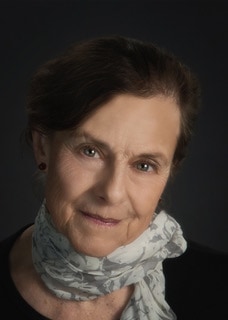Recently, I asked author Miriam Reed, PhD to write a guest article based upon her book about Margaret Sanger. I was struck by how Sanger used the time she spent in prison to plan the Birth Control Movement that allowed women to finally be in charge of their pregnancies. This was revolutionary in 1917, because for many women, repetitive pregnancies limited their health, kept them impoverished, and for some we might say—kept them feeling enslaved. I have done research about the racial and slanderous “quotes” attributed to her, and they have been debunked as attempts to discredit her work. What I offer to you through Miriam’s article is consideration that a woman who has gone before us might inspire us in our own potential, during this remaining time of sheltering in place. —Misa

In the year 1917, Margaret Sanger spent the month of February serving a thirty-day jail sentence in New York Queens Prison. Margaret had earlier vowed to go on a hunger strike, as had her sister Ethel to wide acclaim and great publicity for the budding Birth Control Movement. But by the time Margaret was to begin her sentence, Ethel had been released in dire ill health and all news reports centered on German submarines warring in the the Atlantic waters. Margaret, politic and wise, reassessed and spent her time in prison writing letters, lecturing her fellow inmates on contraceptive methods, and on planning the future of the Birth Control Movement.
We might do as much. We might take a page from Margaret Sanger’s book and plan. Was there ever a time when planning by the feminine consciousness was more needed! In 1917, Margaret Sanger understood the constrictions that women, for eons, had laid upon themselves, and she exhorted women to lift themselves out of the oppression of their own minds and self-accepted limitations. Today, in these early months of 2020, women have an unparalleled opportunity to seek the shelter of their homes and in the dark quiet of their inner space to reach for a new earth-healing vision.
How can sacred feminine consciousness call us all, women and men, to a higher calling at this time? What is that higher calling and how can we rise to it?
As Margret Sanger wrote later,
“Women are too much inclined to following the footsteps of men, to try to think as men think, to try to solve the general problems of life as men solve them….The woman is not needed to do man’s work. She is not needed to think men’s thoughts. She need not fear that the masculine mind, almost universally dominant, will fail to take care of its own. Her mission is not to embrace the masculine spirit but to express the feminine. Hers is not to preserve a man-made world, but to create a human world by the influence of the feminine element into all of its activities.
“Woman must not accept, she must challenge. She must not be awed by that which has been built up around her. She must reverence that within her which struggles for expression. Her eyes must be less upon what is and more clearly upon what should be. She must listen only with a frankly questioning attitude to the dogmatized opinions of manmade society. When she chooses her new free course of action, it must be in the light of her own opinion—of her own intuition. Only so can she give play to the feminine spirit. Only thus can she free her mate from the bondage which he has wrought for himself when he wrought hers, Only thus can she restore to him that of which he robbed himself in restricting her. Only thus can she remake the world.”
Margaret Sanger, Chapter VIII: “Birth Control—A Parents’ Problem or Woman’s”. Woman and the New Race (1920) 98-100.

Miriam Reed, Actor & Writer, presents solo plays about powerful women: “Margaret Sanger, Radiant Rebel”; “Susan B.Anthony Says A Word” and is currently completing “Korea 1908”, the final book in a pictorial trilogy (Japan 1908; China 1908) showing life in Asia in the early twentieth century.

Leave a Reply